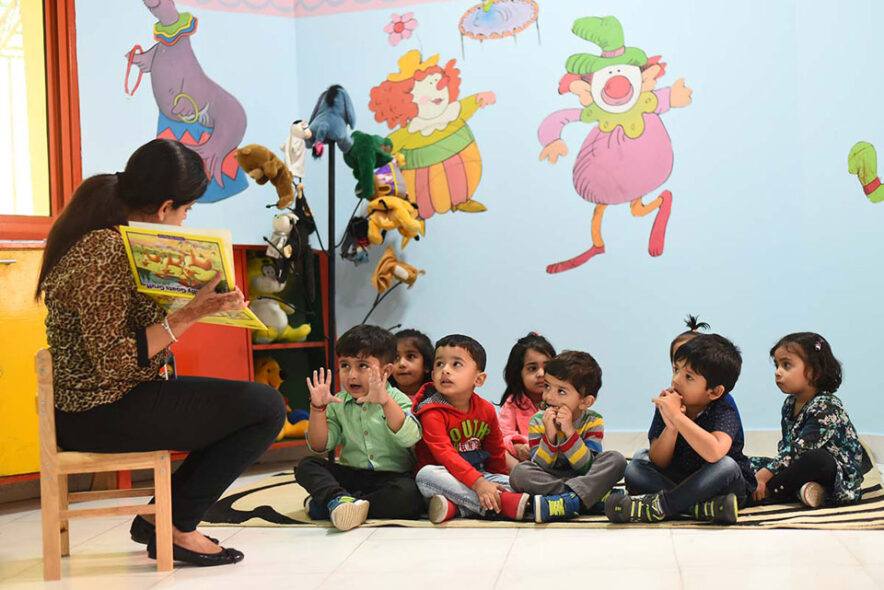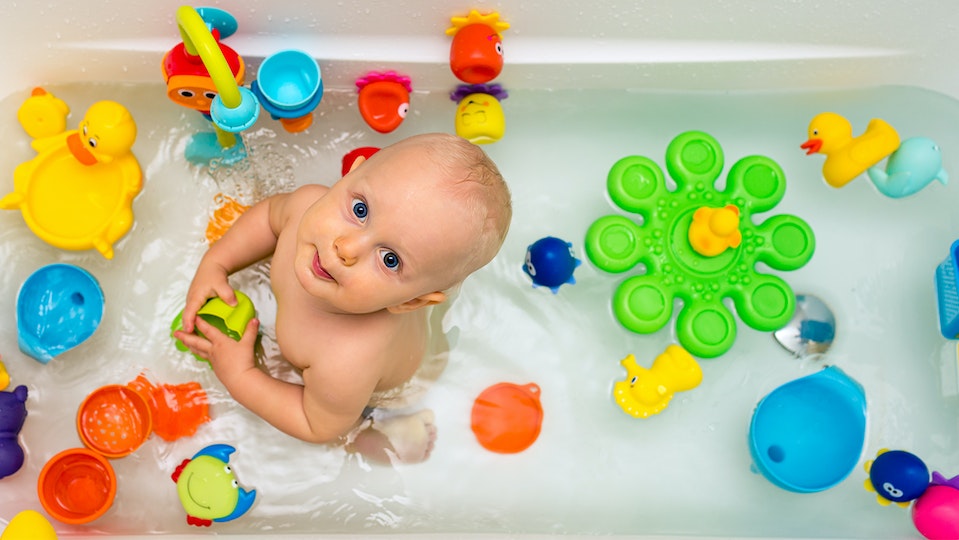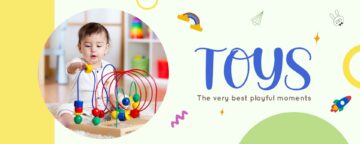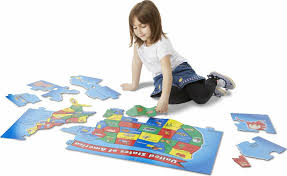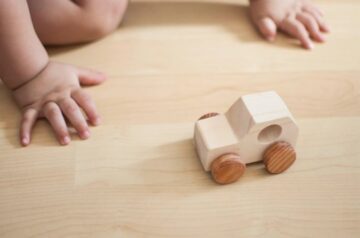
locally made baby toys
The conventional perception of a traditional toy is that it is non-electrical, constructed of materials like wood or other natural fibers, and frequently handcrafted. Dollhouses play kitchens or workstations, shops, garages, automobiles, railroads, shopping carts, and other items are typical examples of classic toys. Children worldwide have long enjoyed playing with this kind of toy. Traditional toys have, however, been somewhat neglected in some families recently due to the explosive development in the manufacturing of electronic toys and gadgets.
While it’s debatable whether or not these Baby toys and gadgets lack merits of their own, more and more parents and daycare providers are becoming aware of the many advantages offered by traditional toys and are working to provide their kids with the tools they need to engage in constructive play that meets their physical and psychological needs for development.
Is Play Significant?
All children, regardless of their cultural, social, or economic background, engage in play, which is a crucial component of their growth. It promotes the development of cognitive and motor abilities, fosters socialization, and supports emotional wellness.
Preschoolers spend much of their time playing, which should be viewed as a brain-building activity rather than just a means to pass the time. It provides much-needed pleasure and enjoyment during childhood while also assisting kids in reaching developmental milestones and boosting their self-esteem, creativity, and capacity for imagination. It supports several crucial social development abilities, including communication, and is a critical component of the early year’s foundation stages.
The Advantages of locally made toys
- Enhanced Cognitive Skills
The possibility to boost cognitive growth is provided by traditional toys. Many feature some form of constructive play that supports and reinforces reading and/or numeracy abilities, such as using wooden construction blocks to teach counting and vocabulary through the awareness of numbers, letters, and shapes.
- Creative Thinking
Traditional locally made baby toys encourage more imaginative and free play when kids use toys and other extra items to set up imaginary worlds. A doll’s home is one item that lends itself to a variety of play situations that encourage vivid use of the child’s imagination and have the potential to be a calming and thoughtful pastime.
- Language and Communication Skills
It indicates that traditional toys help parents and babies communicate with one another. The subject of recent research was whether the sort of toy used affects parent-infant communication. The results revealed that children and caregivers spoke less when using electronic toys, indicating less interaction between parents and their children and less involvement in their play.
As children play together, they learn to negotiate, share, and collaborate, as well as improve their language and communication abilities. Many traditional-style toys enable interactive play and social skills, including communication and turn-taking.
- Physical Activity
Children can play with conventional toys in various ways, some of which involve active play requiring physical movement, aiding with balance and coordination, and serving as a release for excess energy.
- Help for Your Emotions & More Empathy
locally made baby toys often depict real-world situations and professions, such as a doctor, shopkeepers, and others, allowing kids to engage in pretend play and build imagined worlds. This kind of play frequently asks the kid to put themselves in another person’s shoes and attempt to picture how this person may behave in various scenarios. By teaching children to consider other people’s points of view, this sort of play promotes empathy.
As was already said, playing with other kids fosters social skills like collaboration and turn-taking, promoting empathy and understanding for others. It also teaches children how to manage their frustrations and emotions when play does not go exactly as planned.
Playing with conventional toys may give kids a secure environment to learn about their surroundings and the world around them, express any frustrations they may feel, and decompress.
- Family Cohesion
Traditional toys are the perfect medium for interactive play between parents and childcare providers. This fosters ties and bonds, which increases the child’s delight and sense of security and well-being.
- Durability
Wooden toys are often made to last longer than their plastic counterparts. They can be passed down through the family for numerous generations.
- A Moral Decision
Choosing a product created from a sustainable source helps to safeguard the environment and the local economy. A well-sourced wooden toy is also an ethical decision. The youngster can easily see the link between the usage of natural materials and nature.














